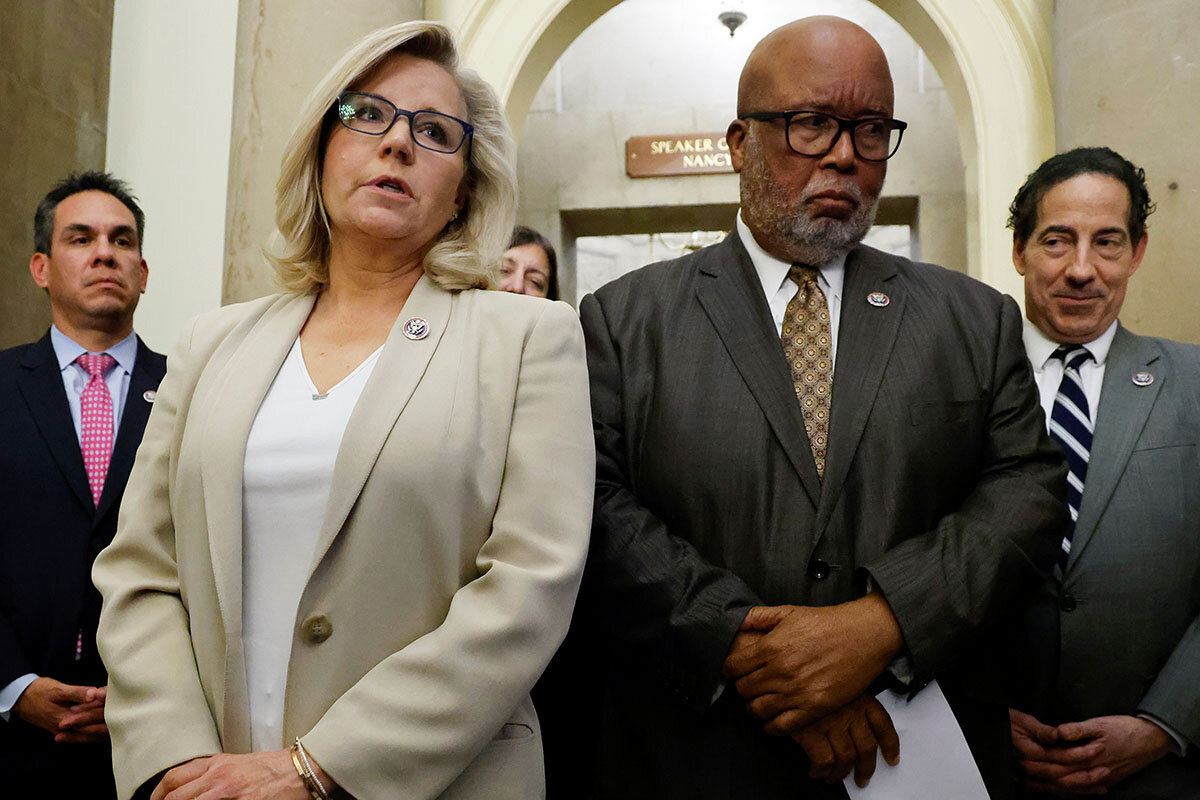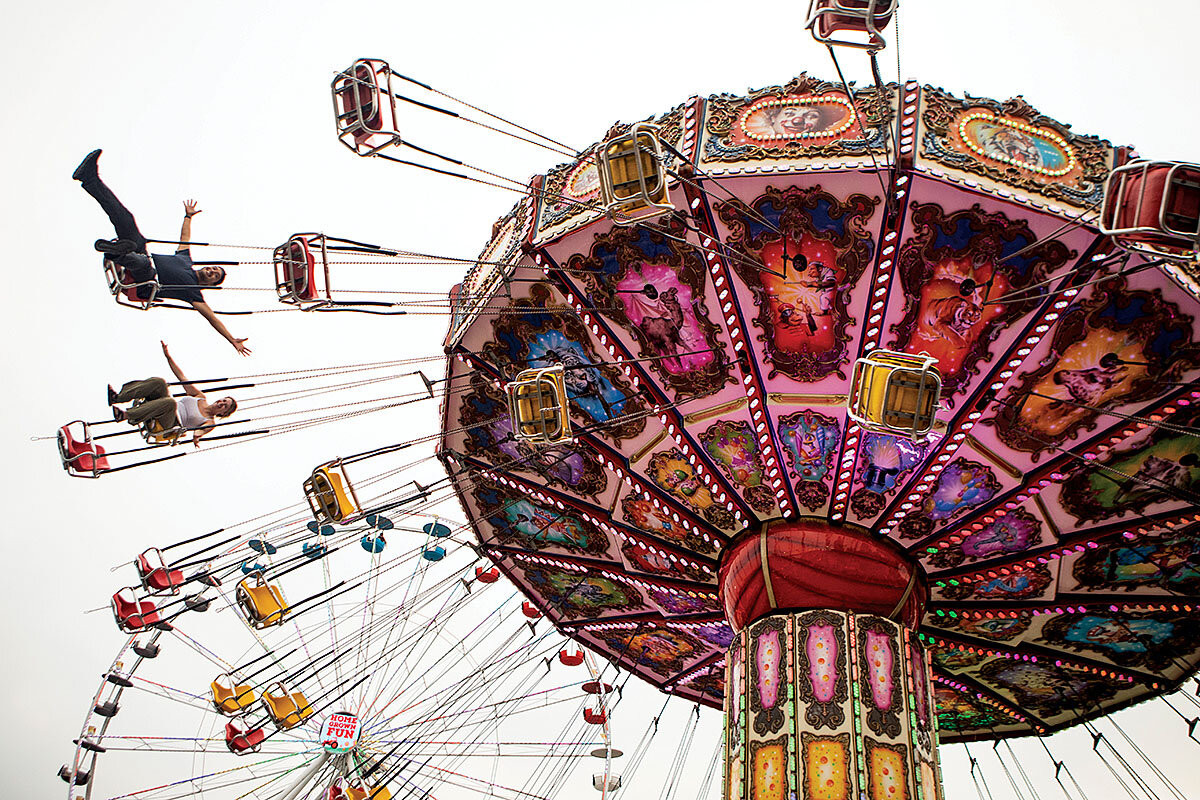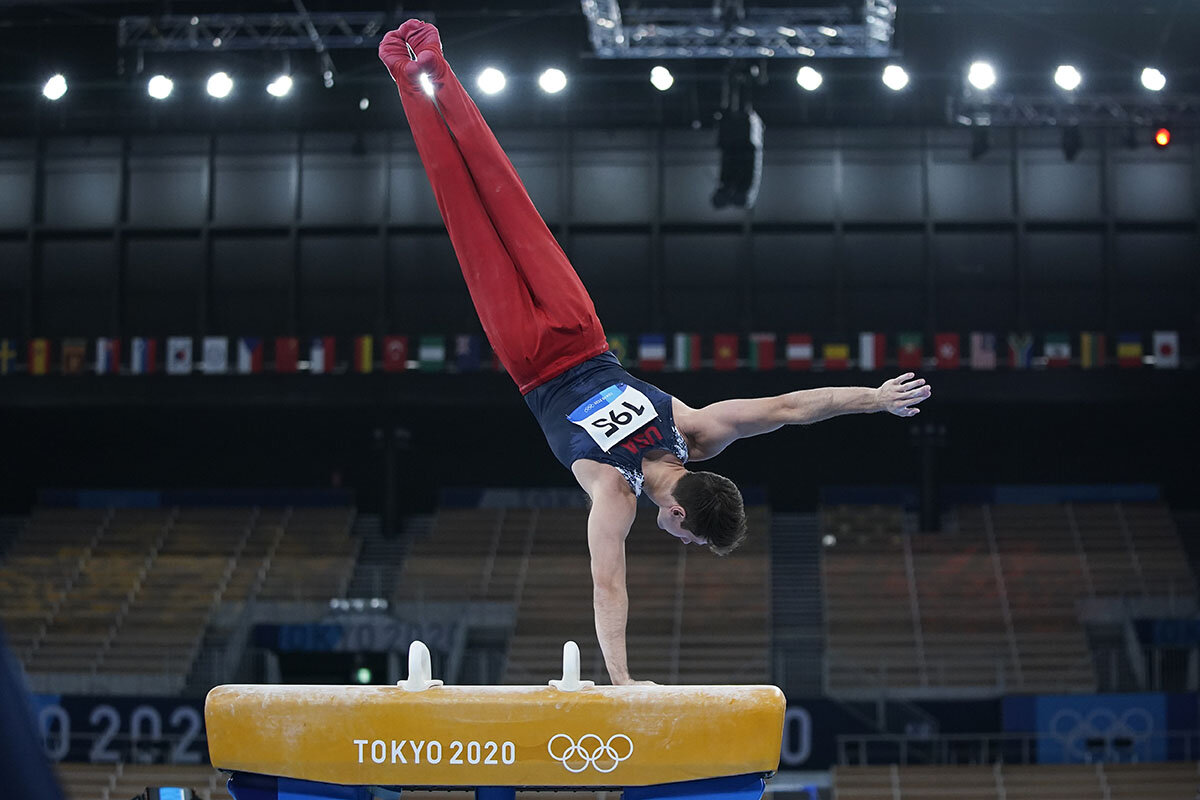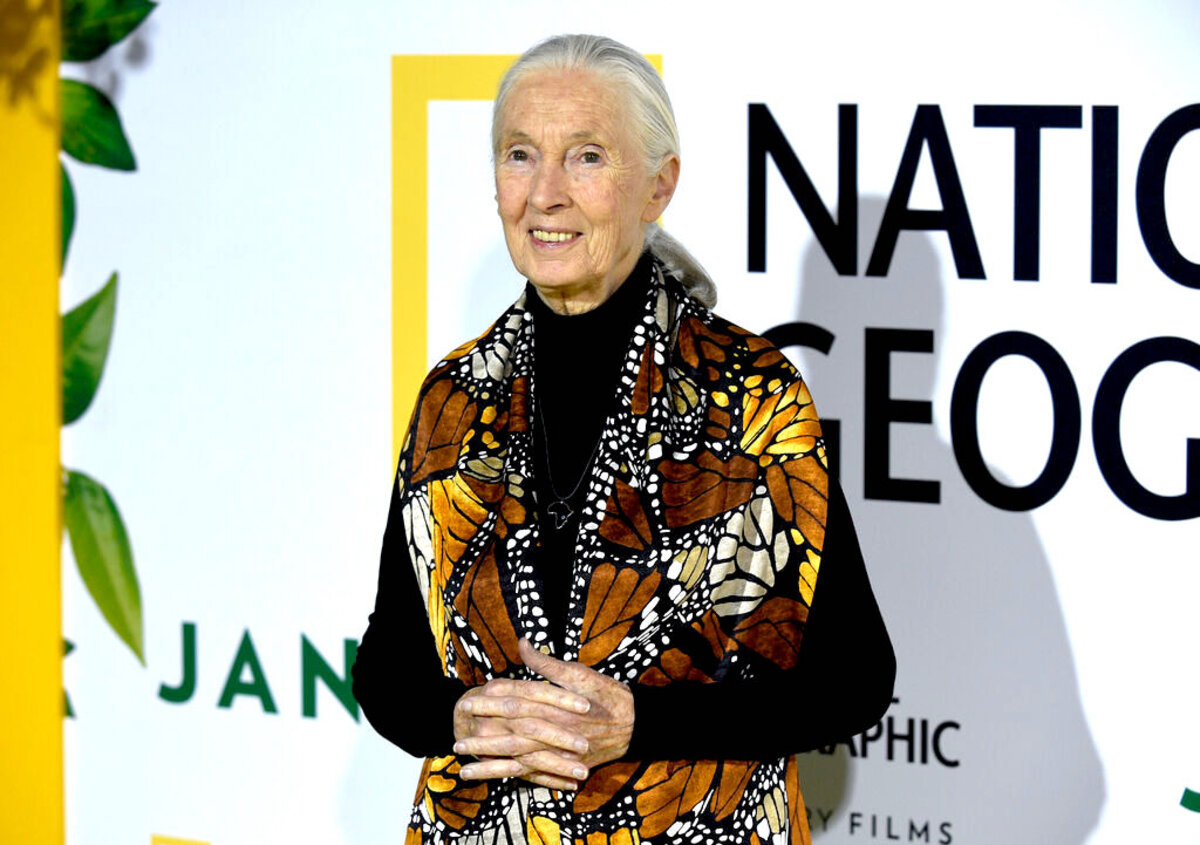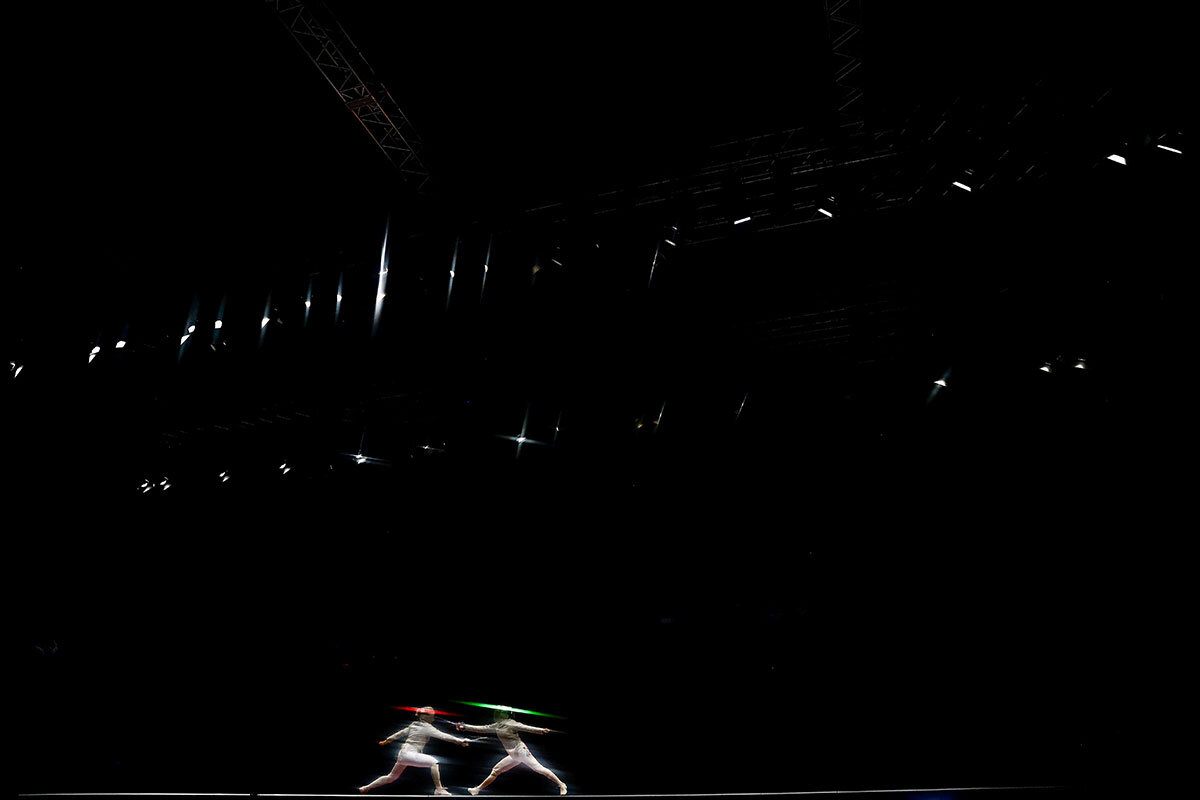Pakistan long viewed its investment in the Taliban as vital to America’s military defeat in Afghanistan. But as the Taliban surge – and are less dependent on Pakistan – thought is shifting, with concerns rising about civil war and a refugee exodus.
Monitor Daily Podcast
- Follow us:
- Apple Podcasts
- Spotify
- RSS Feed
- Download
 Amelia Newcomb
Amelia Newcomb
When I read that veteran, Black civil rights leader Bob Moses died Sunday, my thought swung back 20 years to a school cafeteria in a low-income, largely minority area of Charleston, South Carolina. On a spring morning, middle school students were rapping enthusiastically as mr. Moses watched attentively. The energy in the room soared as the morning progressed, and by midday, kids being sent to get their lunch were begging to stay. Why? They wanted more of what was on offer: math.
I was reporting on Mr. Moses’ Algebra Project, which he established in the 1980s to help often-marginalized students engage in college-prep math. A former math teacher with a master's degree in philosophy from Harvard University, he saw the subject as central to their future and a civil right. He also saw how to reach hard-to-get kids, something for which one such teen, by then in college, told me, “I thank him to this day.”
Indeed, as I watched Mr. Moses, his adult children who worked with him, and student peers from Jackson, Mississippi, pour off a bus on a weeklong swing through schools in the South, I saw the full-throated power of creative education. Students got excited, dug in, and then took on a new responsibility: Each one, teach one. In the evening, a family night engaged parents. Three years earlier, a handful had shown up; now, there was standing room only.
As Mr. Moses told me, “If we can figure out how to get children to make the system work for them, this will change the system in ways we may not understand now.”
The students I met spoke reverently of him, knowing he had been jailed and attacked as he led voting registration drives in the 1960s. They grasped what he was offering them four decades later: “He pushed his own generation,” one young woman said. “Now, he pushes ours.”
Editor's note: This story has corrected to accurately state Mr. Moses' degree from Harvard University.





